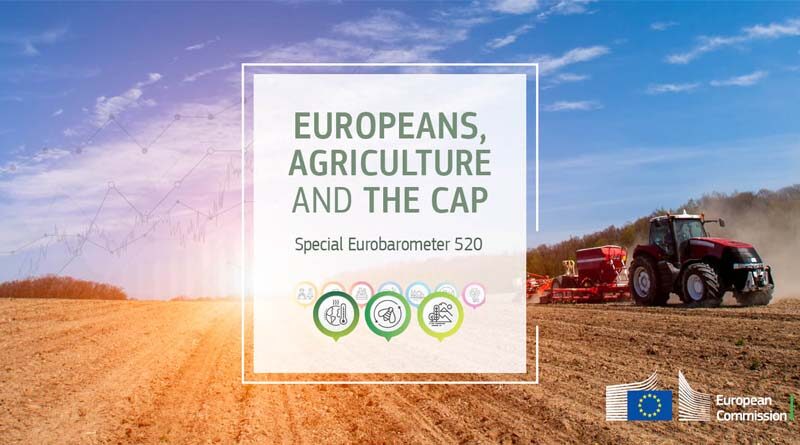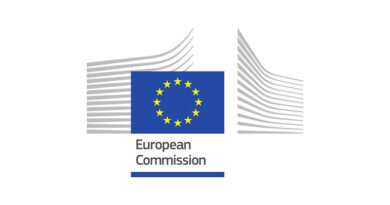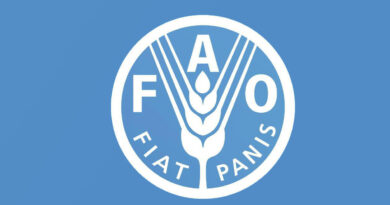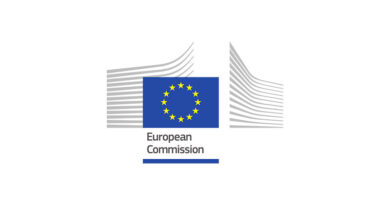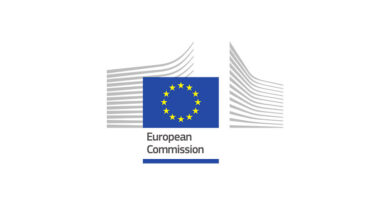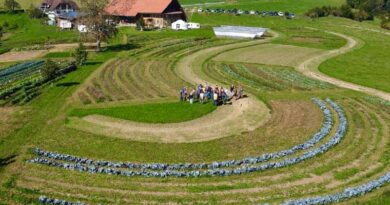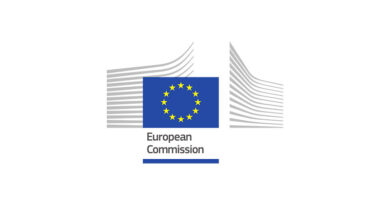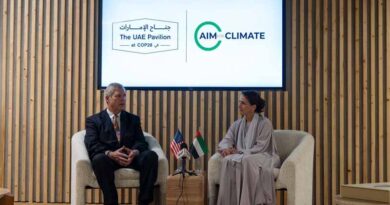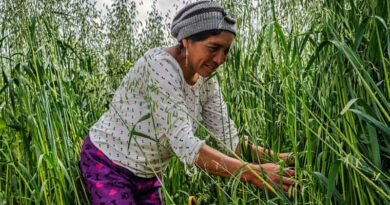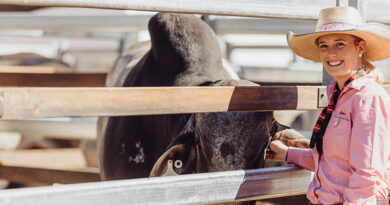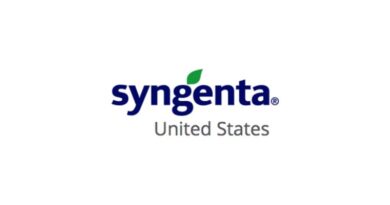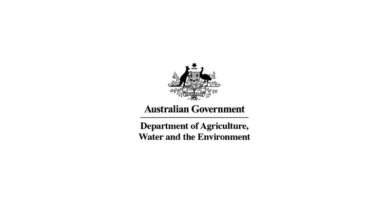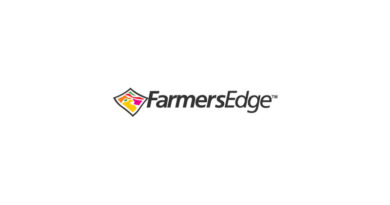More Europeans want a stable supply of food in the EU at all times according to Eurobarometer
21 June 2022, EU: Nearly half of Europeans think that securing a stable supply of food in the EU at all times should be a main objective of the Common Agricultural Policy (CAP), an increase of 6 percentage points since 2020, according to the latest Eurobarometer on agriculture and the CAP published today. This view has gained ground in 22 EU countries and increased by at least ten percentage points in six countries (Finland, Lithuania, Sweden, Greece, Spain and Italy).
In addition, more than half of respondents (55%, +6 percentage points) add that the CAP should also contribute to ensuring reasonable food prices for consumers. Since 2020, this view has gained ground in 20 EU countries and was the most common reply in Greece (76%), Cyprus (75%), Bulgaria (62%), Hungary (61%), Czechia (58%), Latvia (57%), and Poland (52%). When asked if the CAP contributes effectively to these two objectives – stable food supply and reasonable prices – 79% and 65% of Europeans think so respectively.
Providing safe, healthy and sustainable food of high quality remains the CAP’s core mission according to six in ten Europeans. This has remained stable over a period of several years.
The Eurobarometer highlights the public perception that climate change is now affecting agricultural activity more and more. Indeed, 92% of Europeans agree that extreme weather events, such as increasingly severe floods and droughts, can have an impact on food supply and food security in the EU. While a large proportion of respondents (58%, +3 percentage points) say that agriculture has already made a major contribution in fighting climate change, and that the CAP helps with protecting the environment and tackle climate change (65%), two-thirds (67%,) consider that EU farmers could still do more by changing the way they work, even if this means EU agriculture being less competitive globally. Six in ten Europeans (60%) also say that they are prepared to pay more for agricultural products that are produced in a way that limits their carbon footprint; this is a reduction of 6 percentage points since 2020.
More than eight in ten Europeans (87%) cite a short supply chain as an important factor in their decision to buy food products. Seven in ten Europeans (70%) consider that the EU, through the CAP, is fulfilling its role in ensuring a sustainable way to produce food.
When asked about organic food products, 92% of Europeans think that they are more expensive than other food products. Slightly more than four in ten Europeans think that finding organic products in their local shops and supermarkets is difficult. A majority agree with this statement in 13 Member States. However, there are significant differences at national level on this point. Since 2020, the proportion of respondents who say organic products are difficult to find in their local area has decreased in 15 countries, most strikingly in Portugal (50%, -13), Greece (40%, -12), Austria (39%, -12) and Czechia (31%, -10). However, it has increased in 10 countries, most notably Malta (63%) and Cyprus (65%), with respondents experiencing more difficultly in accessing organic products than in 2020. It is unchanged in Germany and France.
More than nine in ten respondents consider that in the EU, agriculture and rural areas are important for our future. As the CAP is celebrating its 60th anniversary, large majorities of respondents (70%) in all 27 Member States say they have heard of the support that the EU gives farmers through this longstanding policy. A majority agree that the CAP contributes to encouraging young people to enter the agricultural sector, and to increasing the number of jobs in the agriculture and food sectors. Respondents also believe that it plays a role in reducing disparities in the development of different regions and territories of the EU. Overall, 76% say that the CAP benefits all European citizens and not only farmers.
These are among the main findings of the current Eurobarometer on Europeans, Agriculture and the CAP, the 7th one since 2007. The survey was conducted in the 27 EU Member States between 21 February and 21 March 2022, during the first weeks of Russia’s war of aggression against Ukraine. Topics covered also include international trade in agricultural products, quality labels, special dietary needs and the EU school scheme.
Also Read: Solis Yanmar to Launch 3 New Models

